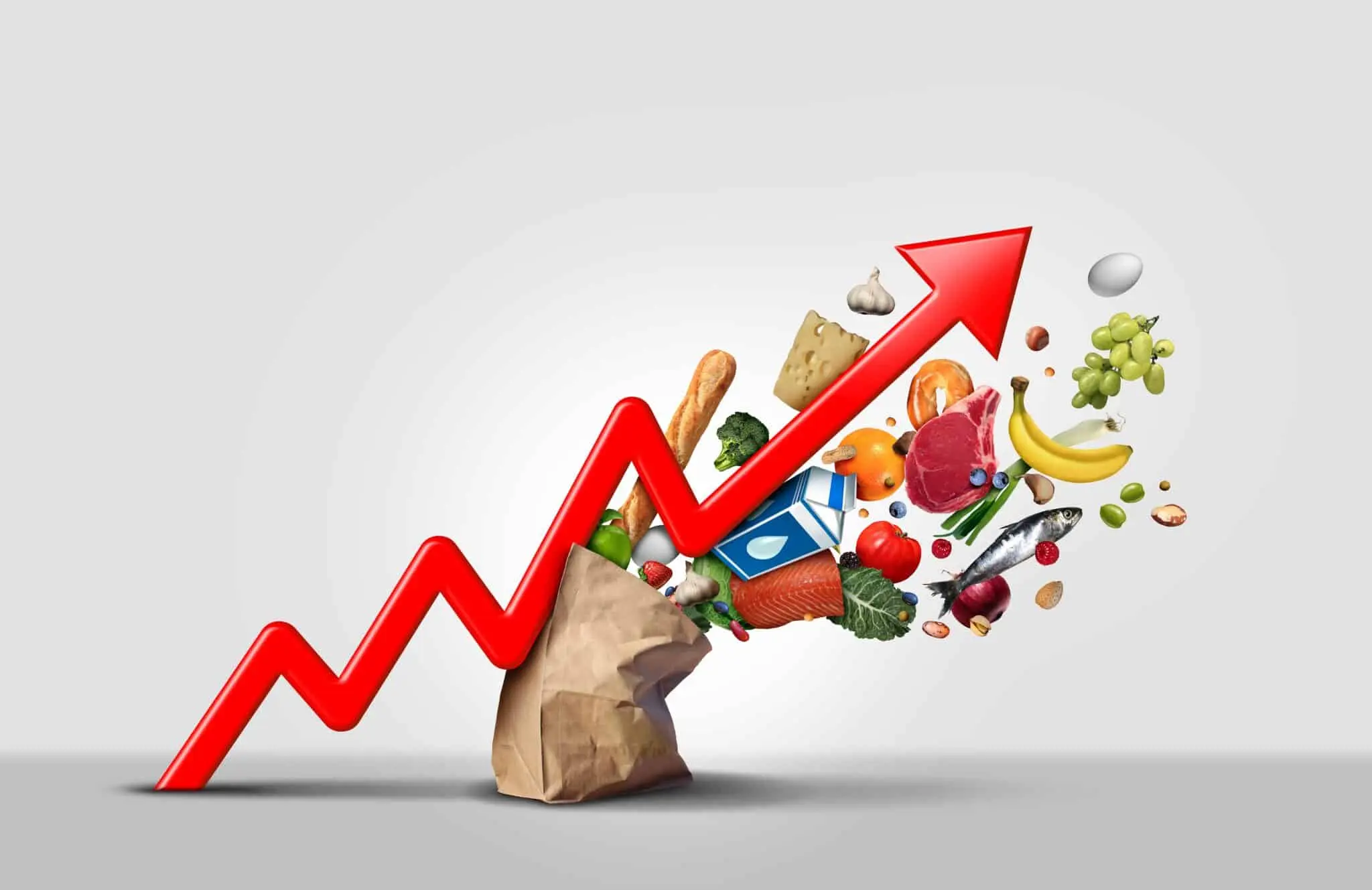News
Rising Prices Affect Household Spending Habits
Rising prices and persistent inflation are causing households to adjust their spending habits, prioritizing essentials while cutting discretionary expenses amid economic uncertainty.

Households are adjusting their purchase patterns in reaction to the increased costs of basics as U.S. inflation continues to impact worldwide markets. According to the most recent economic data, inflationary pressures are directly influencing consumers' daily decisions across a range of income levels in addition to market indices. Families are spending more on necessities like groceries, utilities, housing, and healthcare and less on luxuries, entertainment, eating out, and other non-essentials. This trend is especially obvious in cities, where the effects of inflation are exacerbated by larger living expenses. Retailers have observed a noticeable decline in discretionary expenditure, suggesting that customer confidence is being directly impacted by economic challenges. According to analysts, customers are adjusting their purchasing patterns as a result of rising food prices, increased fuel expenses, and higher mortgage rates. To reduce their monthly spending, households are increasingly employing budgeting tools, seeking for sales, and investigating other brands or suppliers. Many consumers are also postponing major purchases until the economy improves, such as cars and household equipment. Small and medium-sized businesses are also being impacted, in addition to individual families. Customers' decreased spending on discretionary goods is putting pressure on retail sales and service-oriented businesses. Analysts warn that long-term changes in household spending patterns could affect overall economic growth because consumer demand accounts for a significant portion of the national GDP. Financial advisors are advising families to adjust their financial plans to account for continued price volatility. Some measures include increasing emergency savings, closely monitoring spending patterns, and considering investments that offer inflation protection. Bulk buying and energy-efficient solutions are also becoming typical options for consumers to save long-term expenses. These changes are being closely monitored by government officials. Changes in consumer behavior have a significant impact on economic indicators such as employment, retail sales, and inflation patterns. Understanding how families respond to price rises influences fiscal and monetary policy decisions about taxation, interest rates, and public assistance programs. These developments are also having an impact on overseas markets. Reduced U.S. consumer spending, according to analysts, can have implications globally, lowering investor confidence, export demand, and multinational business earnings. Supply chains are being monitored for signs of stress, especially in sectors like consumer goods, food, and energy that are most susceptible to changes in inflation. Although short-term price increases are frequent, economists emphasize that ongoing inflation may have long-term consequences for both individual finances and the economy as a whole. They recommend a well-rounded approach that incorporates government intervention, personal financial preparation, and central bank policy to manage this period of economic instability. To sum up, increased expenses are affecting how people spend their money, making them prioritize needs and reassess discretionary spending. Policymakers, corporations, and consumers must react as inflation continues to hit worldwide markets in order to preserve financial stability and economic expansion in a context that is growing increasingly difficult.
PUBLISHED: November 25, 2025

Jeffrey E. Byrd connects the dots that most people don't even see on the same map. As the founder of Financial-Journal, his reporting focuses on the powerful currents of technology and geopolitics that are quietly reshaping global systems, influence, and power structures.
His work follows the hidden pipelines—where data, defense, finance, and emerging technology intersect. He highlights the players who move behind the curtain: governments, intelligence networks, private security alliances, and digital industries shaping tomorrow's geopolitical terrain.
Jeffrey’s mission is to give readers clarity in a world where complexity is used as strategy.
Read More




